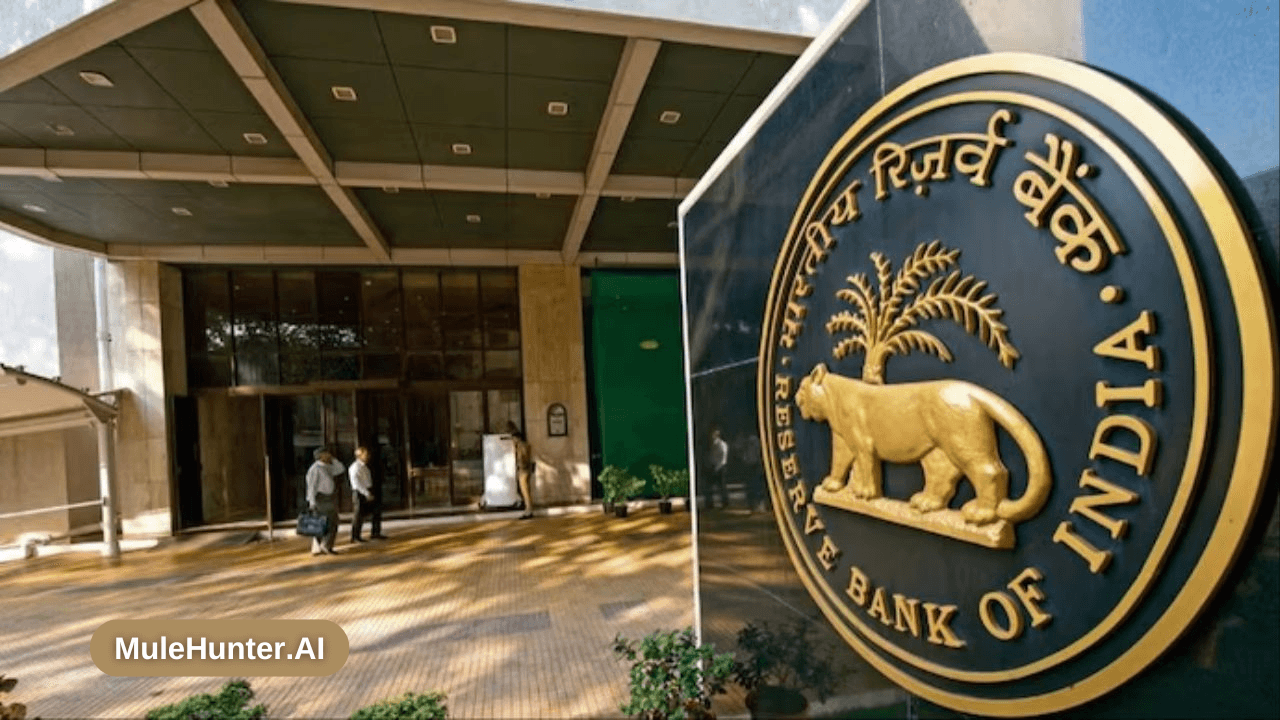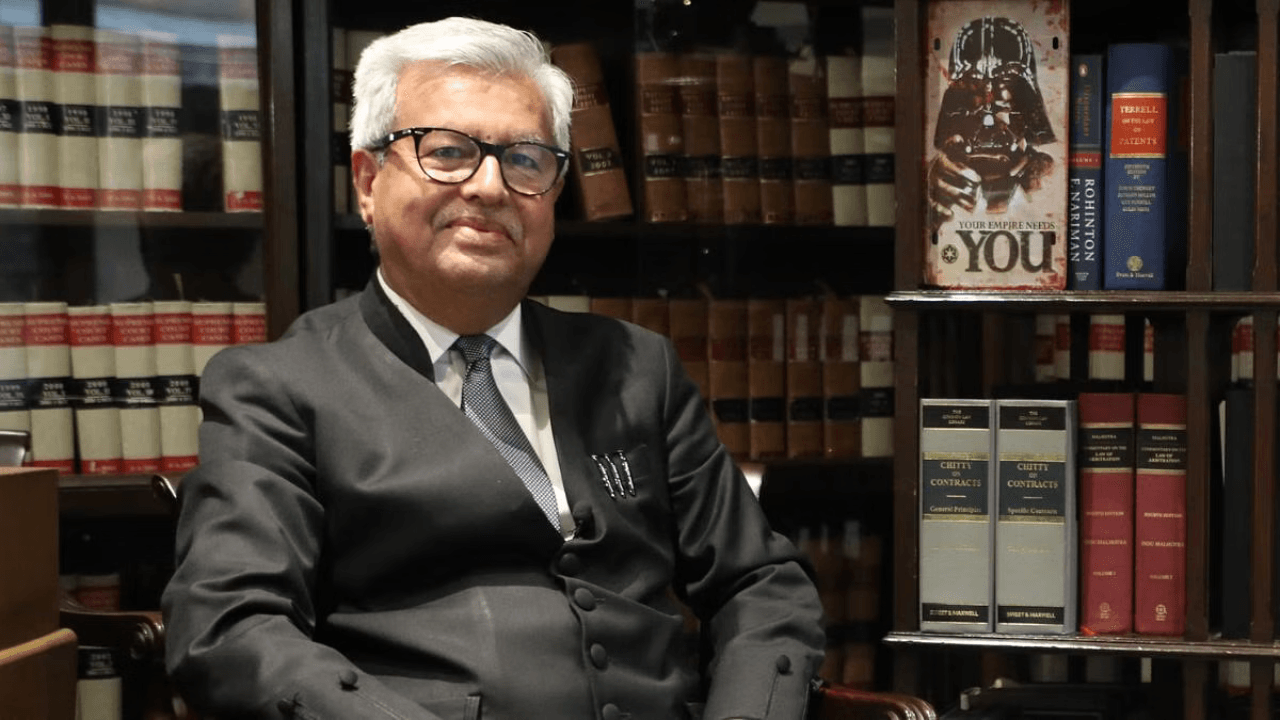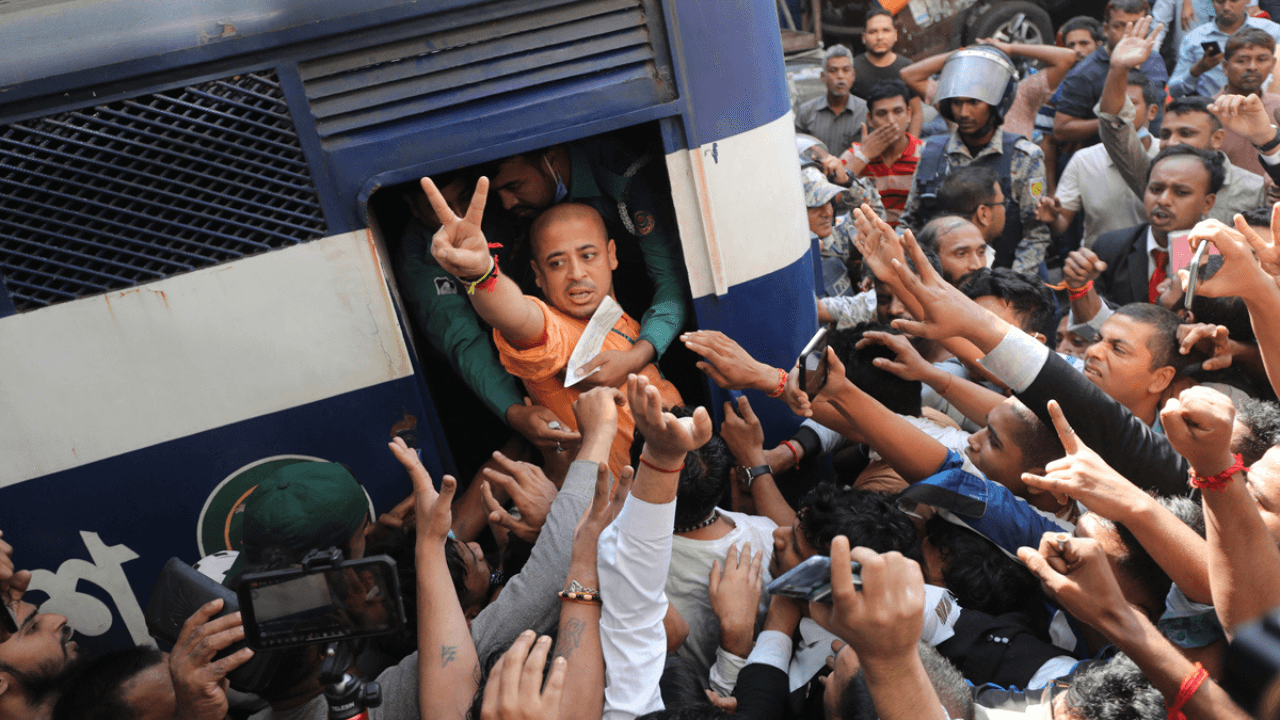The 31st meeting of the Working Mechanism for Consultation and Coordination on India-China Border Affairs (WMCC) was held on 29th August 2024 in Beijing. The discussions between India and China regarding the Line of Actual Control (LAC) have reignited conversations about the delicate balance of diplomacy and defense in the context of national interest. It is imperative to critically evaluate these talks while considering the broader implications for India’s security and strategic posture.
India’s relationship with China has been fraught with tension, particularly following the violent clashes in Galwan Valley in 2020. The LAC, which serves as the de facto border, remains a flashpoint for conflict, with both nations maintaining a significant military presence in the region. The ongoing dialogues aimed at narrowing differences are a necessary step; however, they must be approached with a sense of realism. Historical precedents suggest that while talks can lead to temporary de-escalation, they often fall short of delivering lasting solutions. The Chinese government has demonstrated a pattern of aggressive posturing, and India must remain cautious in its engagement.
India cannot afford to rely solely on diplomatic overtures. The need for robust military and technological preparedness is paramount. The Indian Armed Forces have made commendable strides in enhancing their capabilities along the LAC, focusing on infrastructure development and troop deployment. However, this military readiness must be complemented by effective intelligence gathering and surveillance to monitor Chinese activities and intentions. The ability to respond swiftly to any provocations is crucial for safeguarding India’s territorial integrity.
Furthermore, China’s growing soft power techniques in India through technological advancement are of increasing concern. The emergence of Chinese loan applications, as well as dating apps surfaced through the Google Play Store, raise issues of data security and protection. The rise of cybercrimes orchestrated via Chinese entities, including betting and gaming applications, is also a matter of concern regarding the drain of wealth and emotional turmoil of Indian citizens. How can India counter this threat?
On 23 August 2024, India’s defense agreements with the United States took on added significance. The procurement of advanced military equipment and technology transfers signifies a strategic pivot towards strengthening defense ties with key allies. The signing of the Basic Exchange and Cooperation Agreement (BECA), the Logistics Exchange Memorandum of Agreement (LEMOA), the Security of Supply Arrangement (SOSA), the Memorandum of Agreement Regarding Assignment of Liaison Officers, the Defense Priorities and Allocations System (DPAS), the Joint Declaration on Defense Cooperation, and the Communications Compatibility and Security Agreement (COMCASA), along with MH-60R Seahawk helicopters, Sig Sauer rifles, and M777 howitzers, has provided India with critical geospatial intelligence, enhancing its operational capabilities. Such collaborations not only bolster India’s military readiness but also serve as a counterbalance to China’s growing influence in the Indo-Pacific region.
Moreover, the Quad alliance, comprising India, the US, Japan, and Australia, underscores the importance of collective security in the Indo-Pacific. This partnership is not merely a military alliance; it represents a shared commitment to uphold a rules-based international order and ensure stability in the face of rising authoritarianism. For India, engaging with like-minded nations is essential to fortify its strategic position and deter potential aggression.
India must bolster its relationship with China and adopt a multifaceted approach that balances diplomacy with deterrence. While dialogue is essential for conflict resolution, it should not come at the expense of national security. India must remain vigilant and prepared, ensuring that its defense capabilities are commensurate with the challenges it faces.
The ongoing talks between India and China are a critical component of managing bilateral relations, but they must be viewed through the lens of India’s national interest. Strengthening defense ties with the US and other allies, coupled with a commitment to military readiness, will be vital in ensuring that India can effectively balance international relations.












